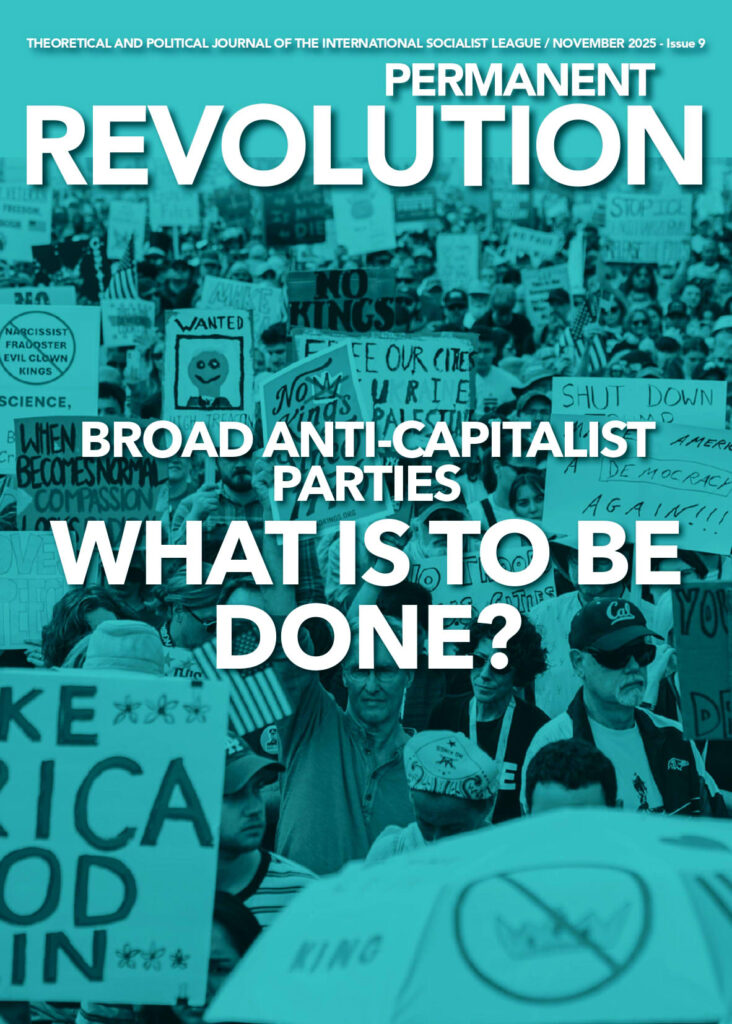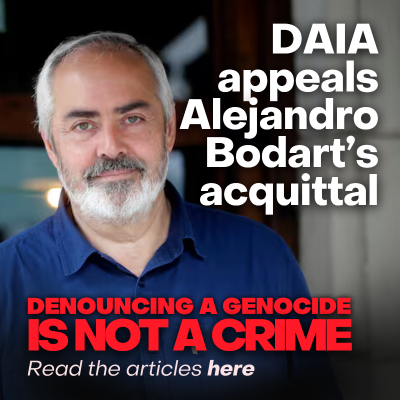By Ezra Otieno
Goma—eastern Congo’s largest city—has fallen under the control of the M23 rebel group. Although it isn’t clear exactly which parts of the city have been overtaken, the constant barrage of gunfire has noticeably quieted. Numerous videos show M23 fighters patrolling the streets, while Congolese soldiers are either being detained or sheltering in the United Nations compound. The rebels have cut off essential services like water and electricity for the city’s 2 million residents. Hospitals are overflowing with injured, raped, and dying people, and the streets are littered with bodies. The rebels now control most of North Kivu province, and they are actively trying to establish a lasting government in Goma—further highlighted by the recent killing of the province’s governor.
News of Goma’s capture has sparked massive protests in other Congolese cities. Citizens are rallying in support of the national military (FARDC) and against neighboring Rwanda, which is widely accused of backing the rebels. In Kinshasa, protests have been suppressed after demonstrators stormed several foreign embassies—including those of Rwanda, Uganda, Kenya,the USA, and France. Despite repeated appeals for a ceasefire from the UN, the African Union, and various heads of state, President Félix Tshisekedi has rejected these calls, insisting that he will reclaim all lost territory. Meanwhile, reports indicate that the M23 forces are pushing toward Bukavu in South Kivu province.
This conflict is part of a long, violent cycle that dates back to the Congo Wars following the 1994 Rwandan genocide. Over 120 armed groups have since taken root in eastern Congo, driven by the lure of the region’s vast mineral wealth.
M23 emerged in 2012, primarily made up of Congolese Tutsis, and is known for its strong links to Rwanda’s Tutsi-led regime and its ally Uganda. Today, M23 stands out as the most disciplined and best-equipped force in eastern Congo, possessing advanced weaponry such as surface-to-air missiles, heavy artillery, and GPS jammers. The UN has confirmed that between 3,000 and 4,000 Rwandan troops are involved alongside M23, operating under the direction of the Rwandan military—although President Paul Kagame neither confirms nor denies this involvement. Kagame insists that his actions are defensive, aimed at protecting Tutsis in the Democratic Republic of Congo (DRC) from Hutu extremists, but critics argue that his real interest lies in the Congo’s rich deposits of gold and coltan—minerals crucial for manufacturing mobile phones and electric vehicle batteries. In fact, while Rwanda has few domestic coltan mines, it exports large amounts sourced from the DRC, marketing them as “conflict-free” to Western and Asian markets.
M23’s renewed activity, after a quiet period beginning in late 2021, and its rapid gains in 2022 have drawn many international calls for peace from bodies like the UN and governments including those of the USA and China. However, no decisive action has been taken; instead, only limited sanctions have been applied to a few commanders in both Rwanda and the Congo, and military aid has been suspended—actions that came well after M23’s initial advances. This tepid response reflects shifting global power dynamics. Unlike in 2012, when countries like Rwanda were heavily dependent on Western aid, today Rwanda has diversified its economic and diplomatic ties with nations such as China, the UAE, Qatar, and India. Western powers, meanwhile, remain reluctant to exert pressure on Rwanda, as it serves as a key strategic ally in the region.
For President Kagame, the challenge is existential. Although he publicly frames his actions as defending Tutsis, his primary goal is to secure his regime by ensuring economic growth and stability—growth that depends heavily on controlling the mineral-rich lands of eastern Congo. With Tutsis forming only a small minority in Rwanda, any economic setback could threaten the fragile balance between the ruling class and the Hutu majority. Hence, Kagame’s insistence on an “immediate ceasefire” is seen as a demand that the Congolese government acknowledge the current balance of power, effectively legitimizing M23’s control over North Kivu.
The decline of US-led global dominance and the rise of rival powers like Russia and China have led many African governments to hope for a more independent regional role. However, rather than fostering progress, this multipolarity has often resulted in increased instability and conflict. The colonial-era borders, drawn arbitrarily, continue to fuel disputes, and some African leaders see the chaos in eastern Congo as a chance to expand their influence. Yet, as long as capitalist interests prevail, genuine African unity remains elusive.
The situation in the DRC is now perilously close to disaster. The UN World Food Programme warns that with roads blocked and ports closed, even crossing Lake Kivu has become life-threatening. Over 5 million people in North Kivu and nearby provinces have been displaced, living in overcrowded and under-resourced camps. Ongoing fighting in and around Goma has halted the delivery of food and aid, putting millions at risk of starvation, while medical experts warn of potential outbreaks of cholera and other diseases. President Tshisekedi’s call for citizens, especially the youth, to join vigilance groups and the army is being met with concern, as an influx of untrained fighters could further destabilize the already fractured military, raising fears of a civil war that could escalate into a regional conflagration reminiscent of the devastating Congo Wars.
But it must be acknowledged that the struggle of the Congolese people is tied by a thousand threads to the bankers and capitalists seated in offices in New York, London, and Beijing. We must strike at the black heart of the world market, which persists to feed on the blood of Africa. The fight for freedom in Africa is inseparable from the fight for socialism the world over.
This is why we denounce capitalism and Western imperialism, as global powers have long exploited the Congo’s people and resources while offering nothing but hypocrisy and further exploitation. We criticize the West’s reliance on the Rwandan regime, while dipicting it as serving its own interests at the expense of African stability, as well as China’s quiet complicity, as it continues to import the Congo’s mineral wealth.
In this view, only a revolution led by the workers and peasants of Africa—aligned with global revolutionary forces—can end the cycle of exploitation and bloodshed. Our call is for a united struggle against imperialism and capitalist regimes in the African Great Lakes region, with the belief that true freedom and progress can only emerge through radical, systemic change.





